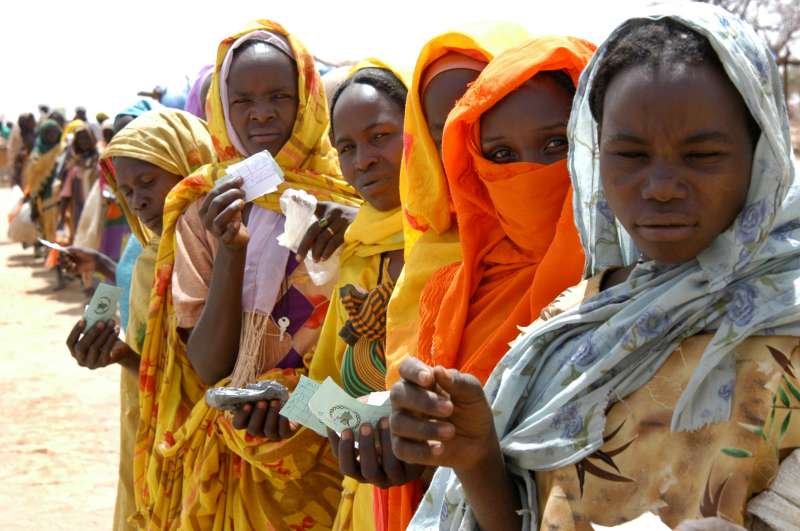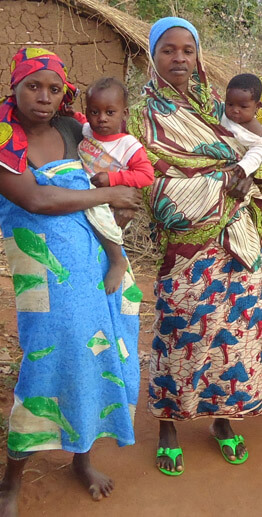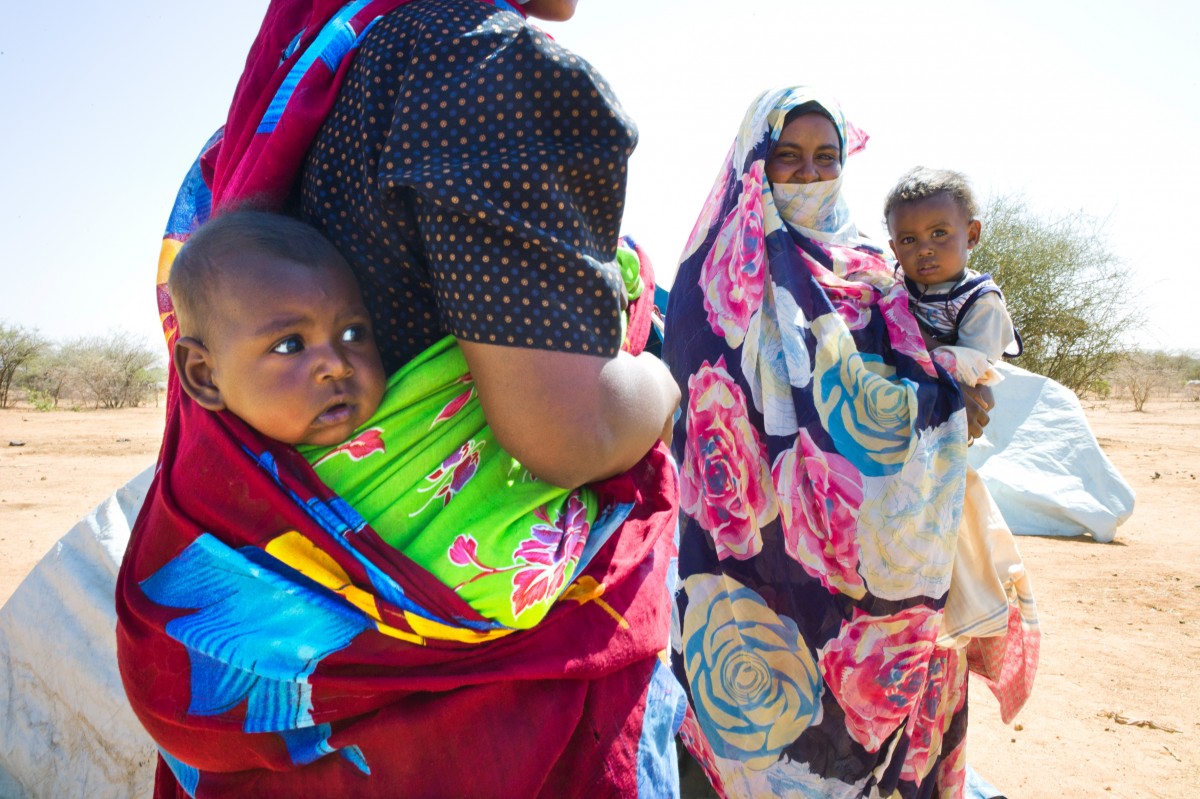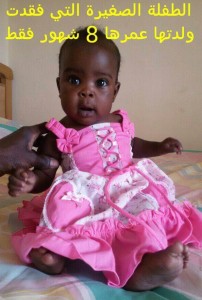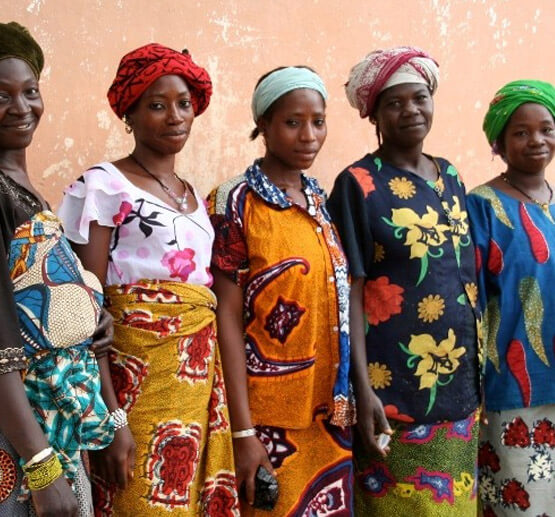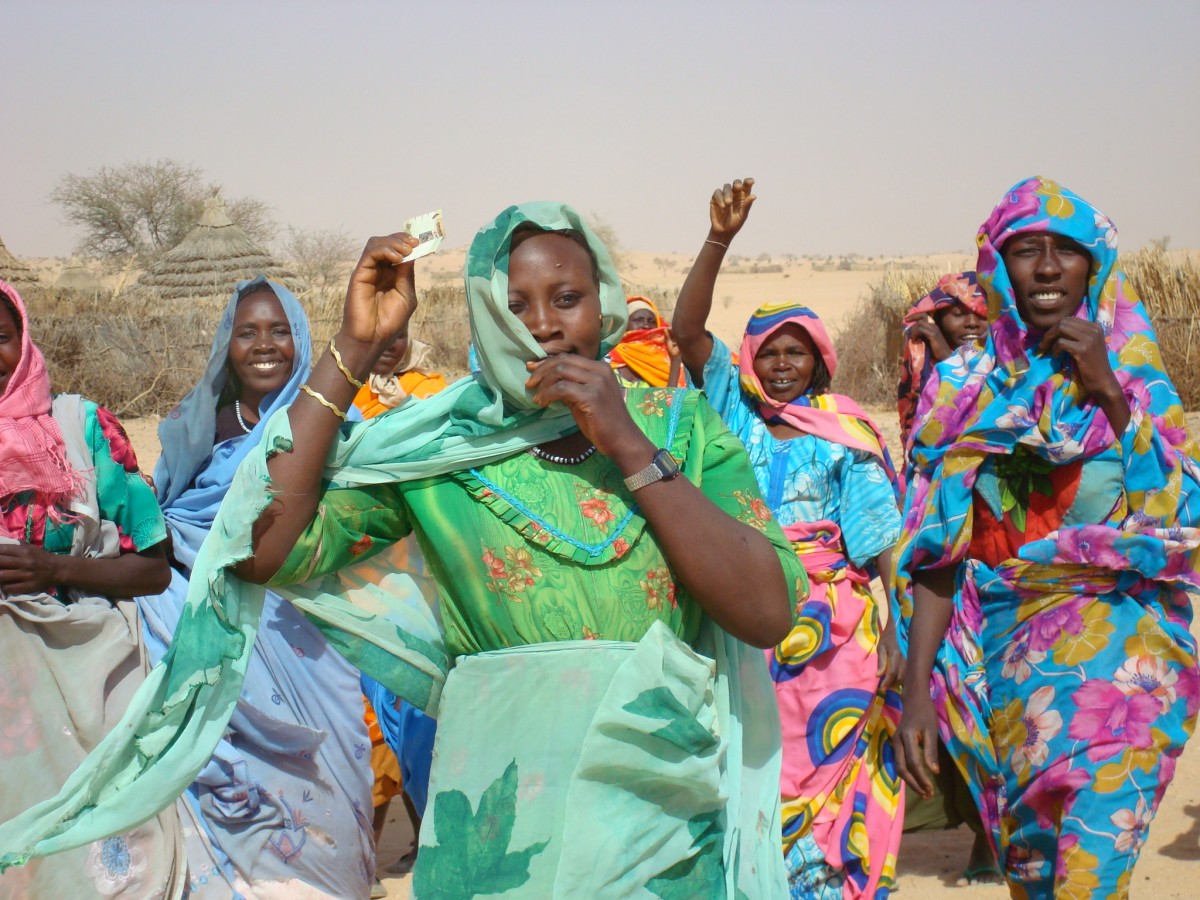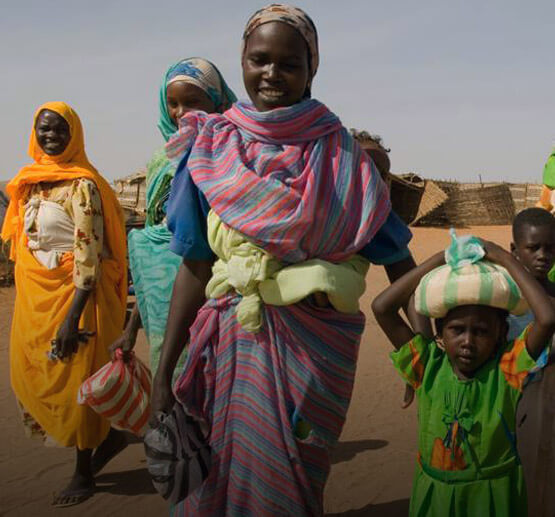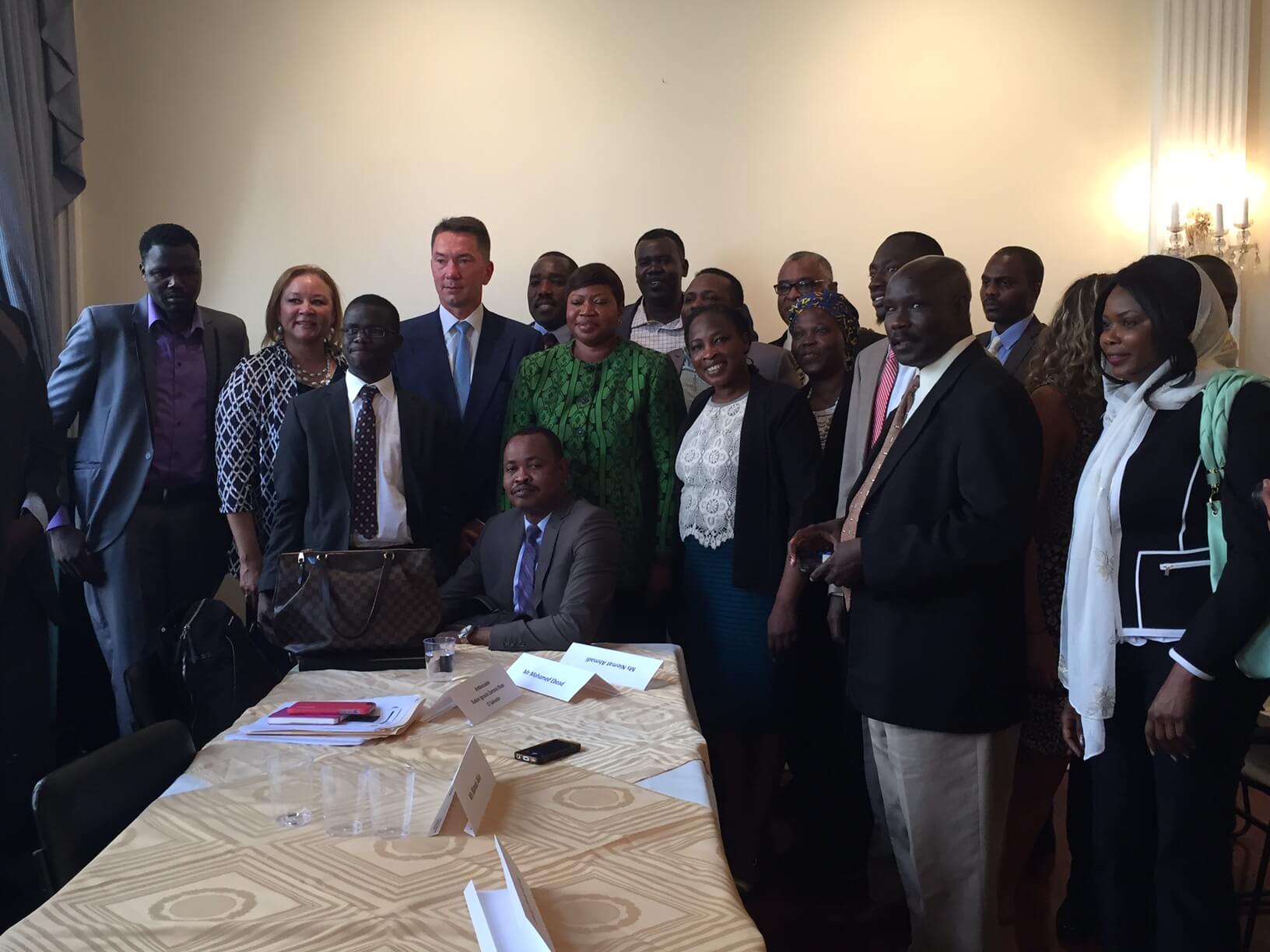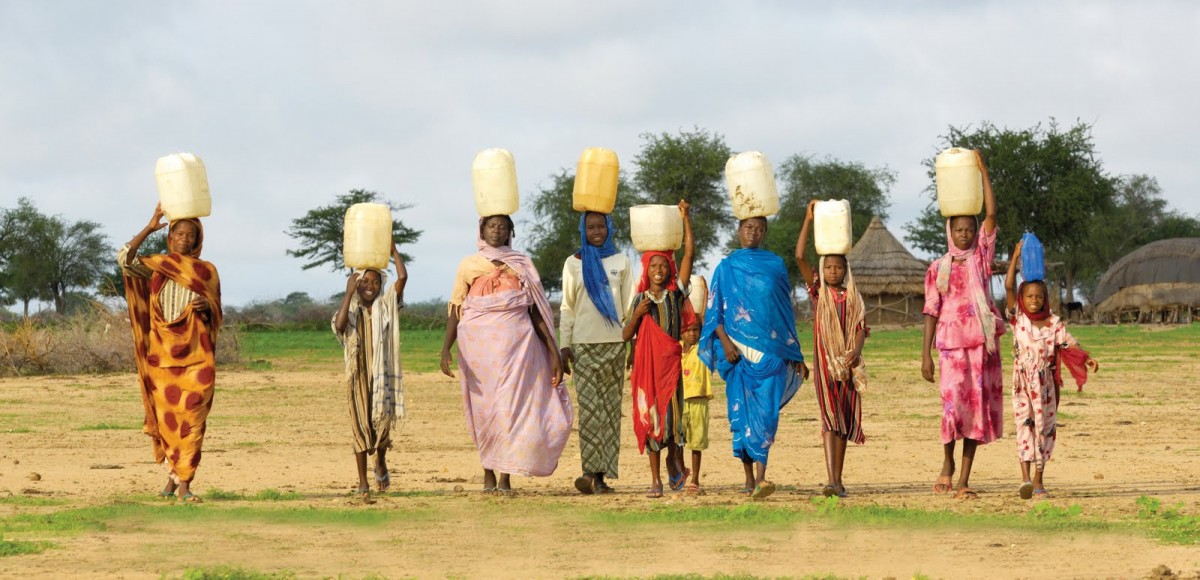By Katelyn Serpe: DWAG Communications and Movement Building Intern
The political calculus and genocide prevention in Sudan
Sudan’s position in geopolitics; key to Bashir’s survival
For more than 13 years, Al-Bashir has managed to effectively ignore all international calls to halt his genocidal campaign. He has also managed to evade arrest from legally binding institutions seeking to stop him. In an era that has seen Saddam and Gudaffi fall from Western action, coupled with increasing pressure on Assad, how is it possible that the genocide case has not been brought against al-Bashir?
Sudan has remained a fickle thorn in the Americans’ geopolitical maneuvering in middle east and Africa. Sudan supported Iraq during their invasion of Kuwait in 1991, yet entered bilateral dialogue with the US in 2000 under the so called counter terrorism collaboration that has made America’s hands tight in responding to Sudan, contradicting the moral stand that the US and its western allies has constantly used to intervene in countries with similar situation such as Libya and Syria. In 2009, Obama published a new law easing sanctions on Sudan, the same year Bashir was first indicted by the International Criminal Court. The location of the country in Africa and indeed as part of the larger Arab world makes it occasionally crucial to international efforts to combat terrorism, while their lifeline to North Africa makes it a pitstop for refugees on their way to Europe.
Meanwhile, Russia remains the largest arms supplier to Sudan, and their weaponry has been documented being used against civilians in Darfur. Despite minor fluctuations, the two countries have enjoyed a constant relationship based largely on weapons purchases. China has become the largest trade partner, notably having a 40% share in Sudanese oil projects and wanting a stable government capable of ensuring a continuous supply.
Furthermore, Bashir has managed to play off the regional powers of Iran and Saudi Arabia against each other, in an effort to solidify his regime in the form of loyalty to the highest bidder. In early 2016, Sudan severed ties with Iran in the face of potential Saudi investment, despite Sudan and Iran signing a military cooperation agreement as recently as 2008. Increasing regional tension between the Saudis and Iranians have made them desperate for allies, and Sudan has demonstrated that it is available for purchase.
It is this reason that there has been no action against Sudan. The 2011 referedum was a compromise that did little to stop the violence, and only made Bashir more resilient in his quest to pacify Darfur through war, and to diversify his international allies so that he may be less subject to their will. Sudan remains an important strategic partner for many countries, and Bashir knows this. Therefore, Bashir has survived by exploiting this fact amongst foreign powers keen for his questionable loyalty, in order to promote their own interests. Bashir knows his government is not particularly strong, nor is his army exceptionally capable. However, the location of the country, coupled with natural resources and competing international actors, have helped him to cement his rule and govern a country deeply divided. By governing through fear, terror and violence, he can force local actors to submit to his will, while international actors will voice little concern so long as he cooperates on an acceptable level.
It’s imperative that the moral and the legal bases of ending the longest genocide in history be prioritize over other political calculus.
